
Presenting the Report on explanation, acceptance and revision of the draft Law, Chairwoman of the National Assembly's Judicial Committee Le Thi Nga said that regardingeducational measures at reformatory schools (Article 52), before 2015, the Penal Code stipulated 2 judicial measures applied to minors (including: educational measures at communes, wards and towns and educational measures at reformatory schools). Because they are judicial measures, these 2 measures can only be applied after the Court of First Instance has tried and issued a verdict. At that time, minors may have been detained in all 3 stages (investigation, prosecution, trial) and the detention period can be up to nearly 9 months for serious crimes and nearly 12 months for very serious crimes.
When amending the Penal Code in 2015, the National Assembly decided to change the judicial education measure at communes, wards and towns into supervision and education measures (essentially a diversion measure as in the draft Law) and now the draft Law continues to propose changing the judicial education measure at reformatory schools into diversion measures.
These proposals are all aimed at “in the best interests of minors” while still ensuring the safety of the community and the victims because the Reformatory School is a strictly disciplined educational environment directly managed by the Ministry of Public Security . At that time, minors will be placed in a Reformatory School right from the investigation stage and the prosecution process will be concluded soon; the detention period of minors will be significantly shortened; the interruption of minors’ right to education and vocational training will be minimized. At the same time, it meets the requirements of Article 40 of the International Convention on the Rights of the Child: “Whenever appropriate and necessary, measures should be proposed to deal with children who violate the criminal law without having to resort to judicial procedures”.
In response to the opinions of many National Assembly deputies, the examining agency proposed that the National Assembly retain the provisions of the draft Law on Education at Reformatory Schools as a diversionary measure; at the same time, it has coordinated to carefully review each case where this measure is applied to ensure strictness (in Article 52).
Through discussion, delegates highly agreed that the draft Law stipulates education at Reformatory Schools as a remedial measure and clearly stipulates each case in which this measure is applied.

Delegate Pham Van Hoa (Dong Thap) said that the educational measures at the Reformatory School are very suitable in the current practical situation of our country to ensure the best interests of minors.
Delegates suggested continuing to thoroughly review specific regulations on penalties applied to minors to ensure institutionalization of the requirements to both ensure deterrence and crime prevention, and promote humanity and goodness in handling juvenile offenders. At the same time, there should be policies for minors to apply measures to change their perception of their criminal behavior, have remorse, repent, voluntarily correct and overcome mistakes.
Delegate Nguyen Tao (Lam Dong) emphasized that the consistent principle of this draft Law is to educate and help juvenile offenders correct their mistakes and become useful citizens to society. However, Article 40 of the draft Law does not mention that juveniles are aware of their criminal behavior, have remorse, repent, and voluntarily correct and overcome their mistakes. If diversionary measures are applied to juveniles without satisfying the above necessary and sufficient conditions, it will cause them to continue to commit crimes. Thus, the purpose of this Law, which is to educate them to become useful citizens to society, will not be achieved.
Article 55 of the draft Law on social investigation report preparation stipulates that “within 7 days from the date of receipt of the notice of participation in the proceedings from the Investigation Agency, the social worker must complete the social investigation report on the minor who is the accused and send it to the requesting agency”.

According to delegate Tran Thi Thu Hang (Dak Nong), such a regulation is not really appropriate, because this requires implementing many contents related to professional factors such as: maturity level, health status of minors, learning situation and some other contents that require time (such as: offenders moving to different places of residence, assessing factors that are the cause of criminal behavior). Therefore, the delegate suggested carefully studying the time to complete the social investigation report of social workers to have appropriate regulations, serving well the process of handling minors who commit crimes.
Commenting on the conditions for applying the redirection measure, delegate Le Thanh Hoan (Thanh Hoa) said that the draft Law stipulates that minors admit that they have committed a crime and agree in writing to the redirection. Although minors can rely on the advice of their parents, guardians, or legal representatives, the final decision to plead guilty or not to plead guilty still depends on the minor himself. On the other hand, minors are not considered to have full autonomy in deciding whether to smoke, drink alcohol, or not to vote in an election; while they are pressured to decide to admit to a crime without really being aware enough to know what a crime is. This is consistent with the approach that minors are people who do not have full civil capacity. Therefore, the delegate said that it is necessary to supplement processes and procedures to ensure that decisions to admit criminal acts are made voluntarily and clearly by minors, without coercion, such as: receiving legal aid, meeting with a lawyer to defend before the minor admits guilt...
Source: https://baotintuc.vn/thoi-su/quy-dinh-giao-duc-tai-truong-giao-duong-la-bien-phap-xu-ly-chuyen-huong-20241023115404766.htm














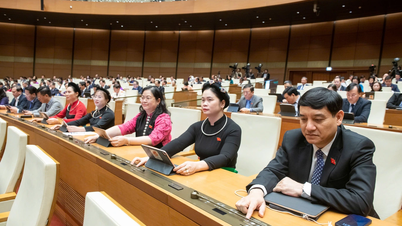















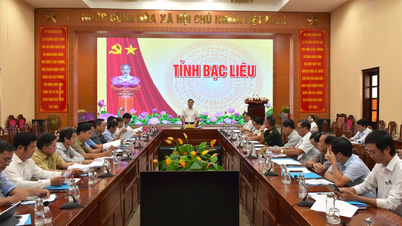









































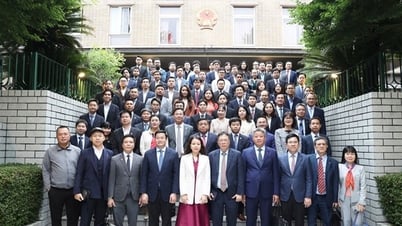




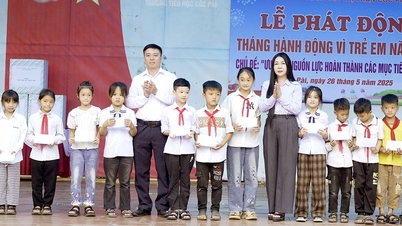

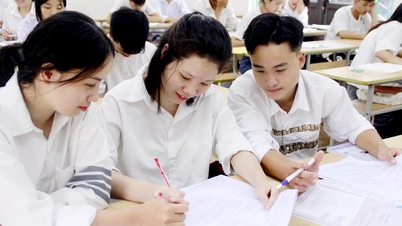


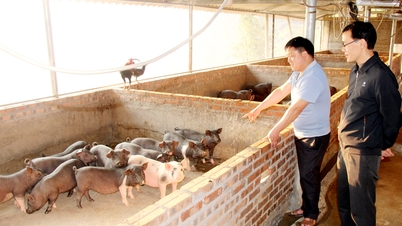




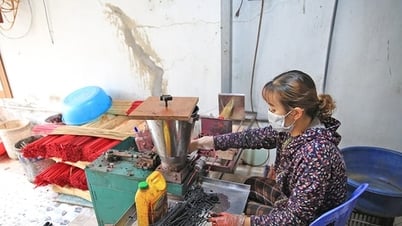









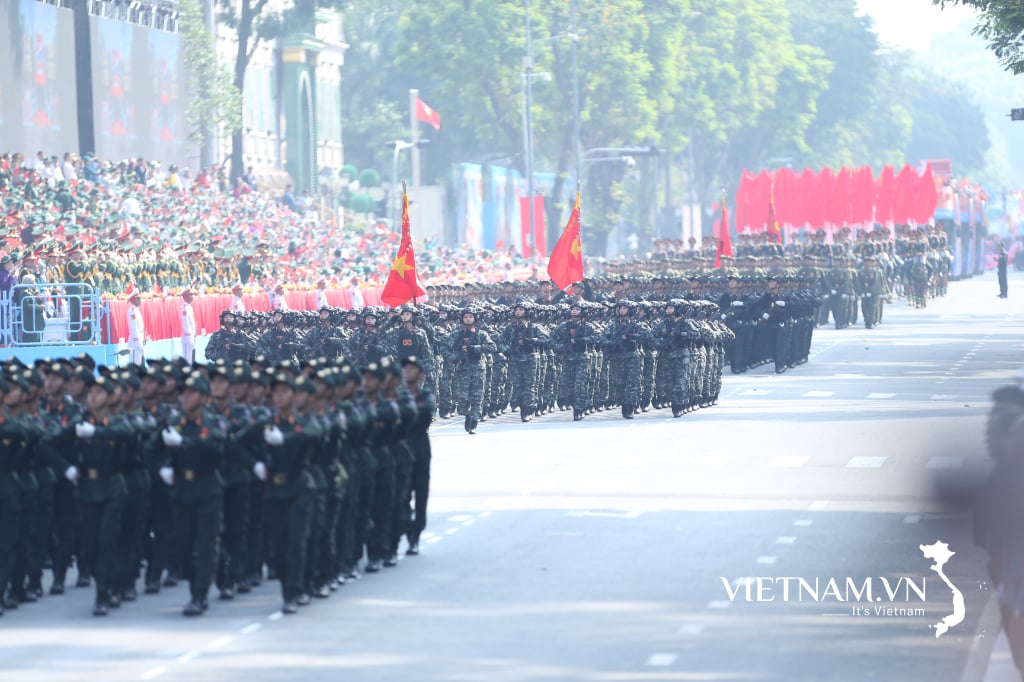


Comment (0)